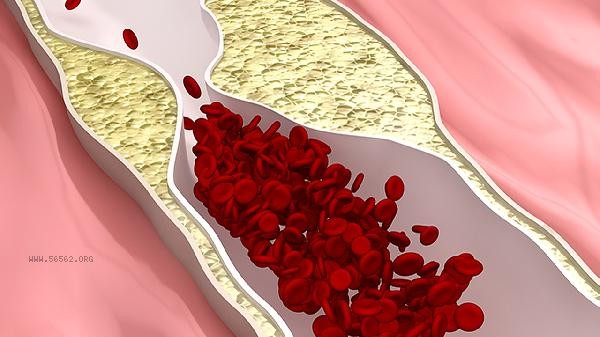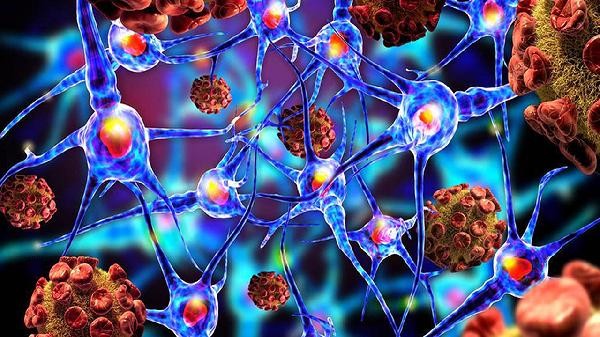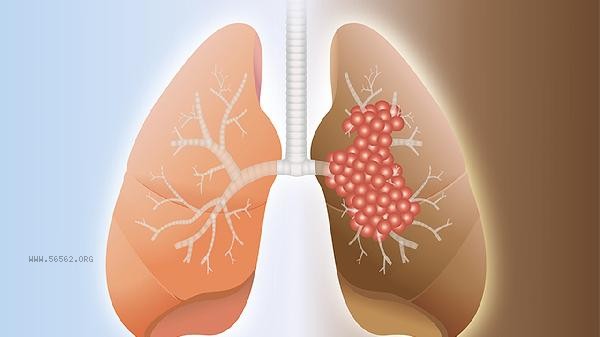Elevated eosinophil count may be caused by allergic reactions, parasitic infections, chronic inflammation, bone marrow proliferative diseases, endocrine disorders, and other reasons. Intervention can be achieved through anti allergic therapy, deworming therapy, anti-inflammatory therapy, bone marrow suppression therapy, hormone regulation, and other methods.

1. Allergic reactions
Exposure to allergens such as pollen, dust mites, or consumption of seafood may lead to an increase in eosinophils. Patients often experience symptoms such as skin itching and urticaria. Antihistamines such as loratadine tablets, cetirizine hydrochloride tablets, and desloratadine dry suspension can be used according to medical advice, while keeping away from allergens.
2. Parasitic infections
Intestinal parasitic infections such as roundworms and hookworms can stimulate the proliferation of eosinophils. Symptoms such as abdominal pain and anal itching may occur. Commonly used deworming drugs in clinical practice, such as albendazole tablets and benzimidazole chewable tablets, require attention to personal hygiene during treatment.
3. Chronic inflammation
Chronic inflammatory diseases such as rheumatoid arthritis and ulcerative colitis can cause sustained high levels of eosinophils. The patient may have symptoms such as joint swelling and diarrhea. Anti inflammatory drugs such as diclofenac sodium sustained-release tablets and meloxicam tablets can be used, and inflammation indicators need to be monitored regularly. 4. Bone marrow proliferative diseases such as polycythemia vera and chronic myeloid leukemia can lead to abnormal increase in eosinophils. May be accompanied by symptoms such as splenomegaly and night sweats. Diagnosis requires bone marrow puncture, and targeted therapeutic drugs such as hydroxyurea tablets and imatinib mesylate capsules are commonly used.

5. Endocrine disorders
hyperthyroidism, menopausal syndrome, and other endocrine disorders may cause mild elevation of eosinophils. Common symptoms include palpitations, hot flashes, etc. Hormone regulating drugs such as methimazole tablets and estradiol valerate tablets can be used according to medical advice, and lifestyle adjustments should be made accordingly. When the eosinophil count is found to be high, it is recommended to avoid eating spicy and stimulating foods and maintain sufficient sleep. Mild elevation can be followed up with a blood routine examination 1-3 months later. If there are persistent abnormalities or other symptoms, timely medical attention should be sought from a hematology or related specialist. Pay attention to recording body temperature changes in daily life, avoid vigorous exercise, and wear loose clothing to reduce skin friction and irritation. Individuals with allergies should establish allergen records, and regular fecal examinations should be conducted in areas where parasites are prevalent.









Comments (0)
Leave a Comment
No comments yet
Be the first to share your thoughts!